By Larry Hanauer – Special to CNN – August 3, 2011
By the time U.S. troops leave Iraq as planned by the end of the year, the United States will have largely succeeded in
helping Iraq become sovereign, stable and self-reliant. The Iraqi government will struggle to manage its internal divisions and resolve outstanding constitutional and legal questions. But the country’s nascent political structures will likely remain intact.
One unresolved issue, however, threatens to plunge Iraq into chaos and reverse years of progress: An escalation of tensions between Arab and Kurdish communities in northern Iraq.
These tensions are fueled by disputes over land, resources, governance, security and property. They could lead to armed conflict between tens of thousands of Iraqi Army troops and Kurdish peshmerga fighters.
Although a continued U.S. military presence would be unpopular in both Iraq and the United States, the most effective way to prevent interethnic violence in the north, according to RAND research, is to maintain a small contingent of U.S. troops in Iraq after the planned December 31 withdrawal date.
U.S. troops have helped prevent conflict between Iraqi and Kurdish forces since December 2009, when Iraqi Prime Minister Nouri al-Maliki and the Kurdistan Region President Masoud Barzani approved the establishment of a trilateral U.S.-Iraqi-Kurdish unit that would jointly conduct patrols and staff checkpoints in and around disputed areas.
Soldiers from the three sides live, train and operate together as part of a joint unit called the Golden Lion. Its operations are meant to build trust and interoperability between Iraqi and Kurdish forces. It is also meant to reassure the population that it is protected by a multi-ethnic (and thus, in principle, unbiased) security force. The combined unit provides a means of defusing tensions on the ground and, if necessary, promptly elevating disputes through an established process to senior Iraqi and Kurdish leaders.
Since the United States plans to withdraw its forces from Iraq by the end of this year, the U.S. military has begun steps to transform the trilateral unit into a bilateral (Arab-Kurdish) one.
However, in the absence of U.S. forces, a local flare-up may be more likely to result in armed conflict between the two sides. Without a neutral party present on-scene, it is easy to imagine Iraqi and Kurdish troops favoring their ethnic kinsmen in a dispute and escalating, rather than resolving, arguments.
In a worst-case scenario, a clash could lead to civil war. But that is not likely. Iraqi and Kurdish leaders are committed to the nation’s territorial integrity and will work to contain any hostilities. But even an inadvertent and limited outbreak of violence – and the mistrust it would generate – would complicate efforts to resolve the outstanding constitutional and legal disputes that undermine Iraq’s political stability. These disputes range from the status of semi-autonomous regions like the Kurdistan Region to the management and apportionment of Iraq’s oil and gas resources.
Furthermore, instability and uncertainty could lead to a decline in northern Iraq’s oil exports and foreign investment in the region’s oil sector, causing a loss of revenue that both the central government and the Kurdistan Regional Government need for reconstruction and development.
Both Iraqi and Kurdish officials have expressed concern that ethnic violence will break out in the north once U.S. troops withdraw. Though many state publicly that the U.S. “occupation” must end, some of these same officials say privately that they would like U.S. troops to remain as a go-between. Many U.S. officials agree. The Obama Administration has said it will consider maintaining a small troop presence in Iraq after December 31, 2011, if the Iraqi government requests it.
If the Iraqi government does not make such a request, U.S. and Iraqi officials may wish to create a framework that would allow for small-scale, but regular deployments of U.S. military units to the region – perhaps to train the Golden Lion unit.
Alternatively, a small U.S. contingent might form the core of an independent multinational peacekeeping arrangement along the lines of the Sinai Multinational Force and Observers (MFO). (Iraqis are unlikely to accept a United Nations peacekeeping force, in part because of controversy over the UN’s role during Saddam’s rule.)
If such arrangements prove impractical, U.S. diplomats in a regional embassy branch office could try to mediate a halt to any skirmishes that break out between Iraqi and Kurdish forces. However, U.S. troops on the ground who have established relationships with Iraqi and Kurdish counterparts, and who are integrated into a joint command structure that ensures rapid reporting of both real and perceived transgressions, are much better positioned to mediate a conflict before it escalates.
For a year and a half, the trilateral security mechanism has served as an effective confidence-building measure between Iraqi and Kurdish security forces. Senior American, Iraqi, and Kurdish officials agree that U.S. participation has helped prevent inter-ethnic violence.
While a decision to maintain U.S. troops in Iraq would be politically sensitive for both U.S. and Iraqi leaders, their continued presence in the north would minimize the chances that Arab-Kurd clashes could undo the progress that Iraq has made since 2003. No matter how politically unpopular, the U.S. and Iraqi governments should find a way to keep U.S. forces involved in this critical security arrangement.
The views expressed in this article are solely those of Larry Hanauer.
Editor’s Note: Larry Hanauer is a senior international policy analyst at the RAND Corporation, a non-profit institution that helps improve policy and decision-making through research and analysis. He is the lead author of a recent RAND publication, Managing Arab-Kurd Tensions in Northern Iraq After the Withdrawal of U.S. Troops.
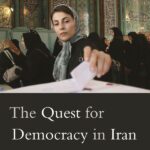



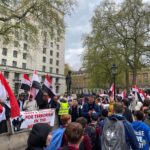
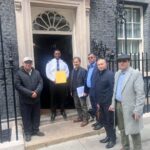



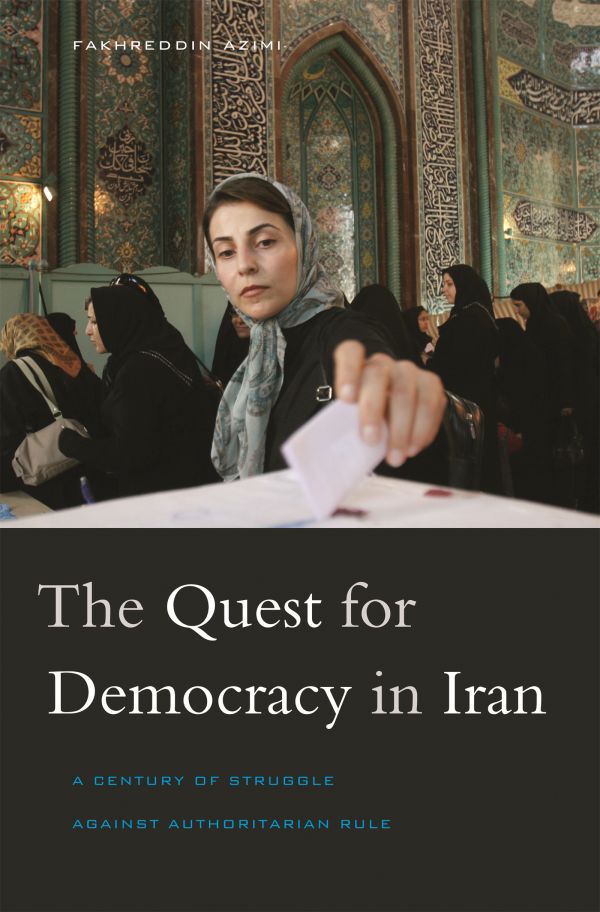
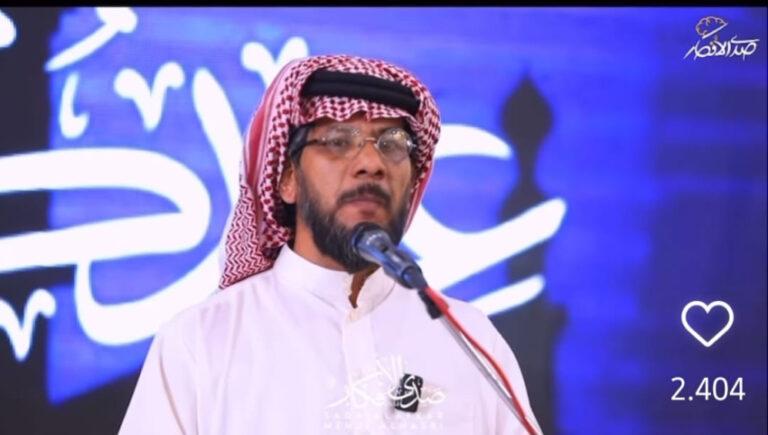

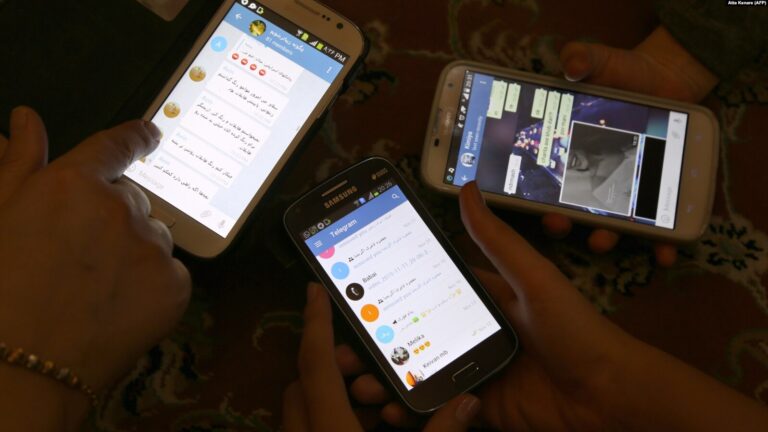
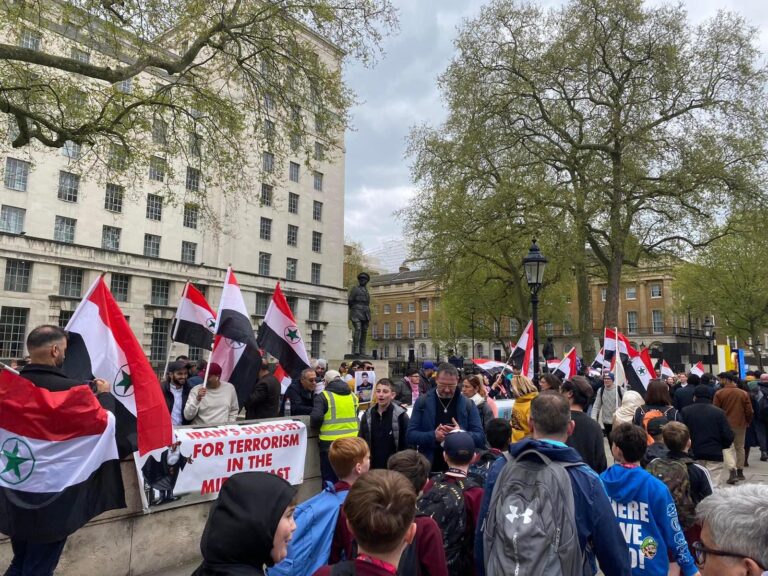
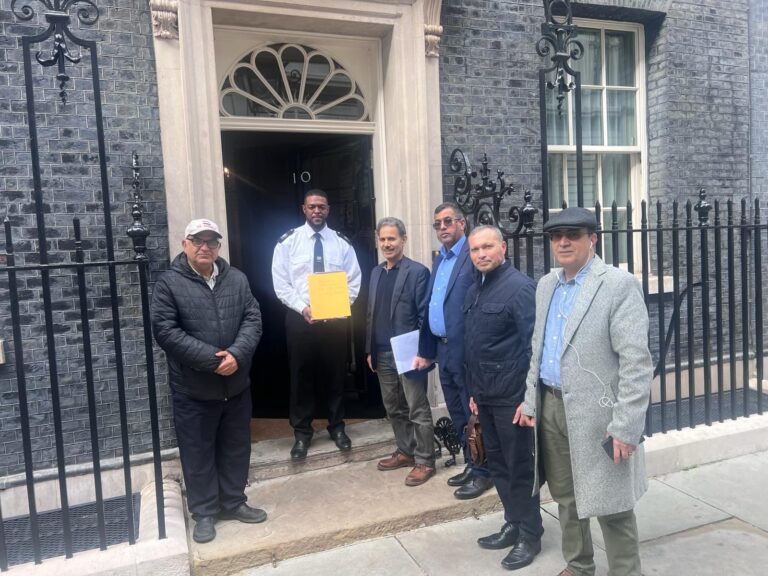
+ There are no comments
Add yours